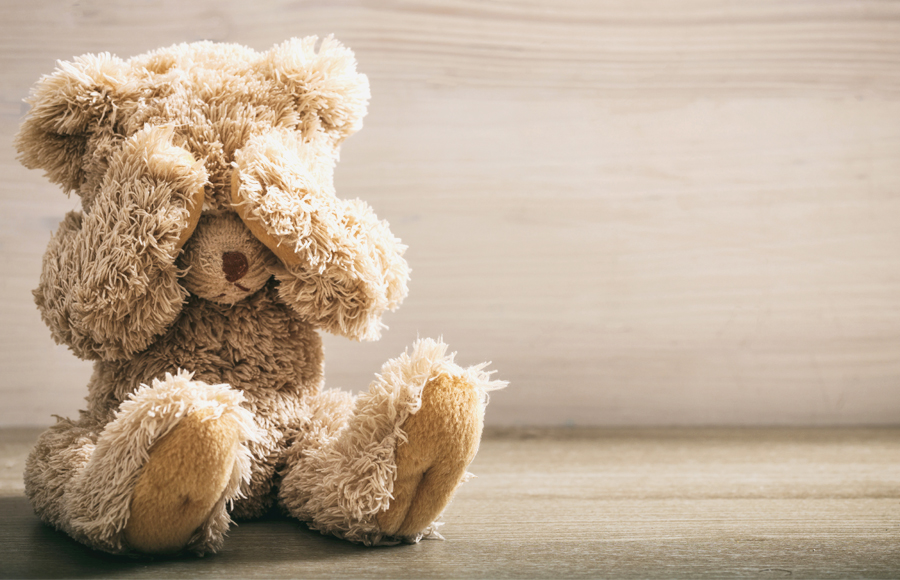
Children are acutely aware of the verbal and non-verbal breakdown of their parents’ relationship.
They may not even have the language to communicate how they feel about the separation but they can feel it in their bodies, in their gut, well before anyone might have a conversation with them.
I always want to know how and when parents have told or will tell their children about their separation.
I encourage separating parties to have a plan in place that is age appropriate, takes into account the specific needs of their children, and that ideally can be developed with the assistance or support of a child-focused counsellor. A plan where their children are all told together and ideally, where possible (and safe), told by their parents together.
The reality is that most parties will not do this.
The reality is that many children find out in all sorts of ways about their parents’ separation.
The reality is that how, when and by whom the children are told (and not told) and in what manner can have a profound impact not only on children’s experience of the divorce but also on their future relationships.
Many times, people entering new or committed relationships will have a consultation with me to be preventative and not replicate the experience of their parents’ divorce, which often has caused significant trauma.
Children need reassurance and practical information about what will happen to them; they need to feel secure that the adults are going to behave, keep them safe, and not place them in the middle of conflict.**
This assumes that the adults have the ability and capacity themselves to ensure that this can happen – unfortunately that is not always the case.
There can be healthy and safe separations. Children can learn from these, while still feeling loved, secure, embraced and free from adult decision-making.
Your divorce/ separation may affect your children but does not need to define them.
**Note: In cases of gender-based violence and child abuse, tremendous support and intervention need to be in place in order to preserve safety. Divorce or separation for survivors of violence can increase the risk of violence/harm to themselves and their children. It is important to get the appropriate support and advocacy.

